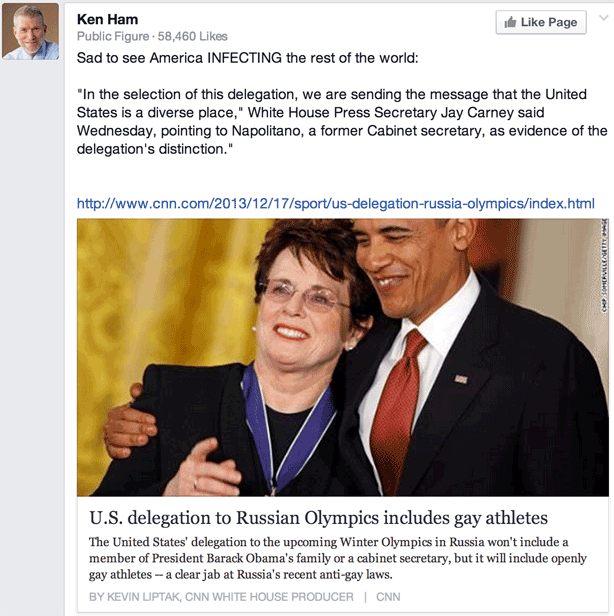A woman, alone at a bus stop, late at night. A series of men pass by, leering and sneering. One man accosts her persistently.
Over the course of five minutes, he verbally threatened me with rape, a beating, and kept trying to lurch closer to me. When I barked “BACK OFF” and raised my fists, he took a couple steps back, but unzipped his pants and started pantomiming taking his dick out while continuing to call me a bitch and a stuck-up ho. “I am going to slap you, bitch. You deserve to get raped. You deserve a dick in your ass. Stuck-up ugly slut. You’re gonna get raped because you’re a bitch and bitches deserve whatever they get.” At one point he made a motion as if he was going for something tucked into the back of his pants. I just kept yelling at him as loudly and aggressively as I could. But I was genuinely scared at that point.
Sounds familiar. I’ve seen second-hand that surly resentment from men on the internet — it takes some courage and strength to stand up against it in person. Then the bus arrives, and with it some hope of rescue.
It was the middle of the night. I was alone, without a working phone or pepper spray. But we were in a brightly lit place, so I decided to stand my ground and keep yelling at him to stay the fuck away from me and hope the bus would arrive soon, which it did. I rushed to it. The doors to the bus opened, and I called to the driver, “this man just threatened to rape and beat me and started to expose himself, please don’t let him on.” Blank stare from the bus driver. My harasser actually pushed past me, got on the bus, sat down in the front seat, told the bus driver “pay this bitch no mind, she’s a crazy-ass prostitute” and laughingly told him, “she been harassing ME”.
And the driver shook the man’s hand, and ignored the woman.
The man is calling the woman a “bitch” and a “prostitute”, and the driver seems to find it unlikely that he’s been harassing the frightened woman. He does nothing. He says nothing.
The driver eventually ordered me to sit down. So I did. And then asked him: “why aren’t you doing anything? Why did you shake his hand and laugh? That guy threatened to hurt me and rape me. Why would you do that?” He basically ignored my questions. Ignored me.
I sat there, in shock, while my harasser continued to yell threats and insults at me from the rear of the bus.
And she still manages to remain charitable towards the driver.
This morning I called the Golden Gate Transit hotline and filed a report. I genuinely do not want to get the driver fired. He seemed young and totally clueless and lacking in empathy, but not actively unkind. I just hope that some sort of protocol adjustment happens. Some kind of conversation where it’s made clear to each and every driver that when a woman begs them to call the cops or to bar an aggressive man from their bus, they should DO THAT.
That’s all she wants? I wasn’t even there, and I want more. I want men to stop being accomplices in harassment.



